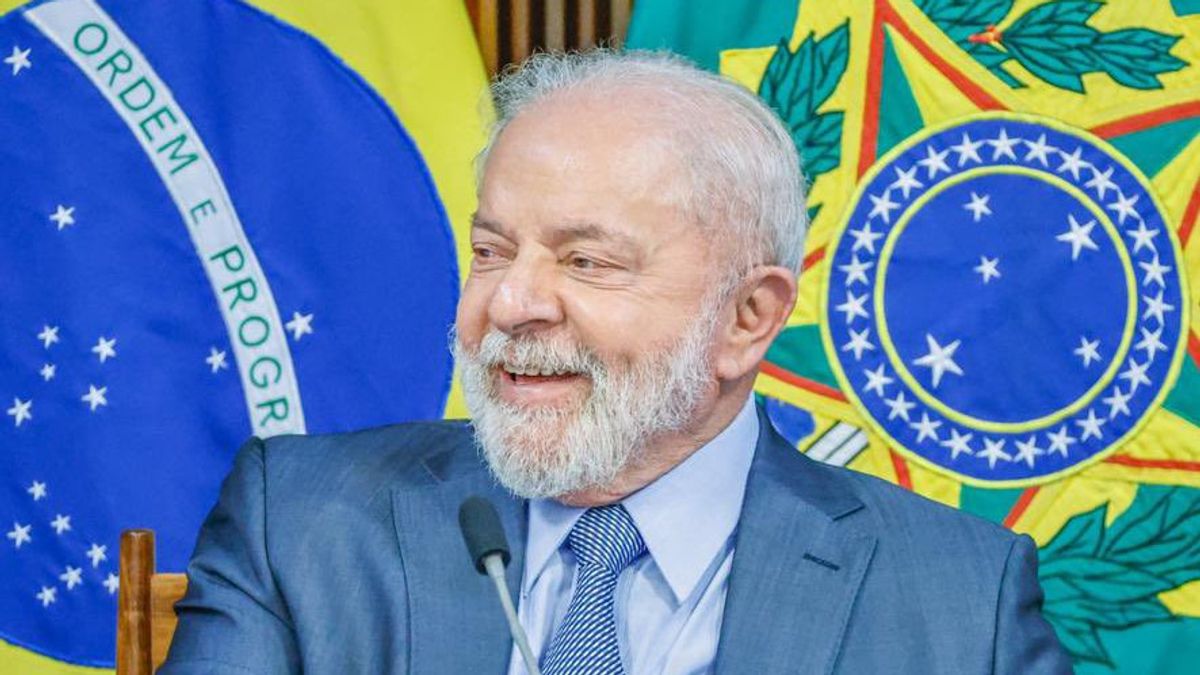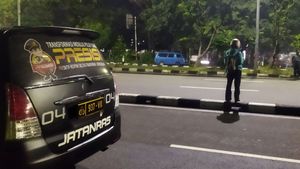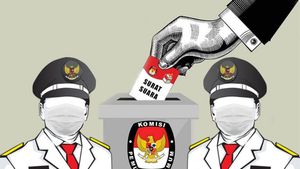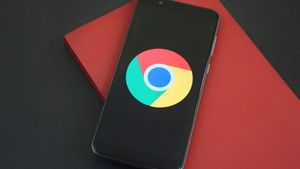JAKARTA - The Brazilian government is considering organizing internet platforms with content that generates revenue such as advertising, according to Joao Brant, digital policy secretary on Friday.
"This idea will allow regulators to account for these platforms, not consumers, for monetized content," Brant told Reuters.
Another goal is to "prevent these networks from being used for the spread and promotion of illegal crimes and content" especially after the rioting supporters of former far-right President Jair Bolsonaro in Brasilia in January, which was triggered by misinformation about the election he defeated in October.
Brant said President Luiz Inacio's administration of Silva also intends to make companies responsible for stopping misinformation, hate speech, and other crimes on their social media platforms. These platforms will not be accounted for for for individual content, but for how diligent they are in protecting "digital environments," he said in an interview.
Brant did not specify what the regulatory agency looked like, but said the government wanted to regulate monetized content and prevent these platforms from spreading misinformation.
"What the agency will do is monitor whether these platforms fulfill their obligations properly, and do not deal with individual content published by users. That must be a court matter," he said. But Brant did not explain the judicial role in fighting misinformation.
Each proposal will require a change in the regulatory framework in 2014 law known as "Marco Civil" which regulates the Internet in Brazil and protects user rights.
Article 19 of the Act provides exceptions to legal responsibility for platforms for "the damage generated from content generated by third parties", unless there is a special court order for the removal of content.
According to Brant, the current framework "provides incentives for platforms not to maintain public spaces of debate."
The involvement responsible for the content being promoted, monetized, or presented as advertisements should be reconsidered. "For them not to have any responsibility for the content is very bad," he added.
Brazil's Supreme Court has discussed the constitutionality of Article 19 since 2017, based on a lawsuit filed by Meta Platforms Inc, owner of Facebook and WhatsApp.
Meta questioned its responsibility to remove court content without a decision in a case involving fake profiles on Facebook. The Supreme Court scheduled an open hearing on the matter on March 28.
The English, Chinese, Japanese, Arabic, and French versions are automatically generated by the AI. So there may still be inaccuracies in translating, please always see Indonesian as our main language. (system supported by DigitalSiber.id)













